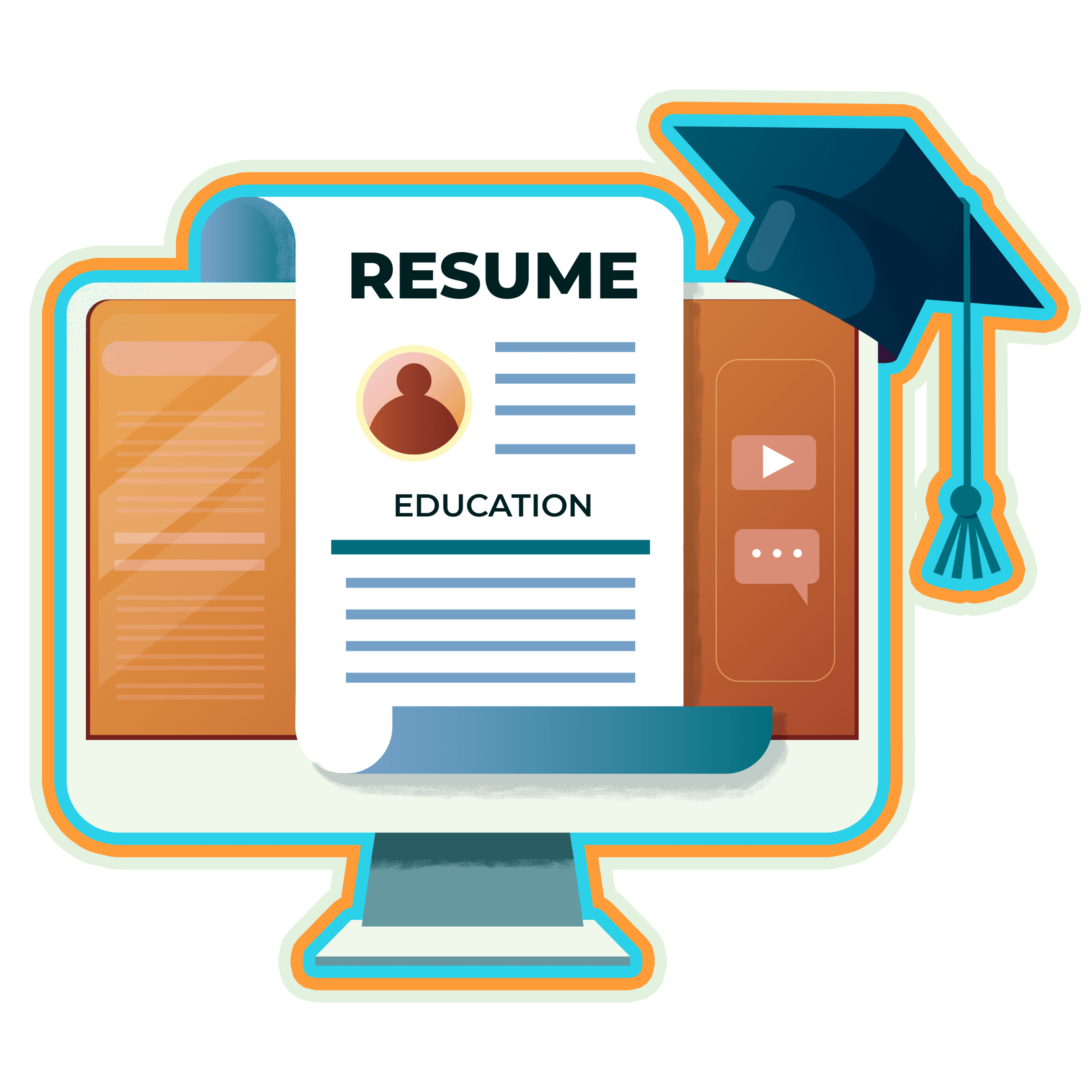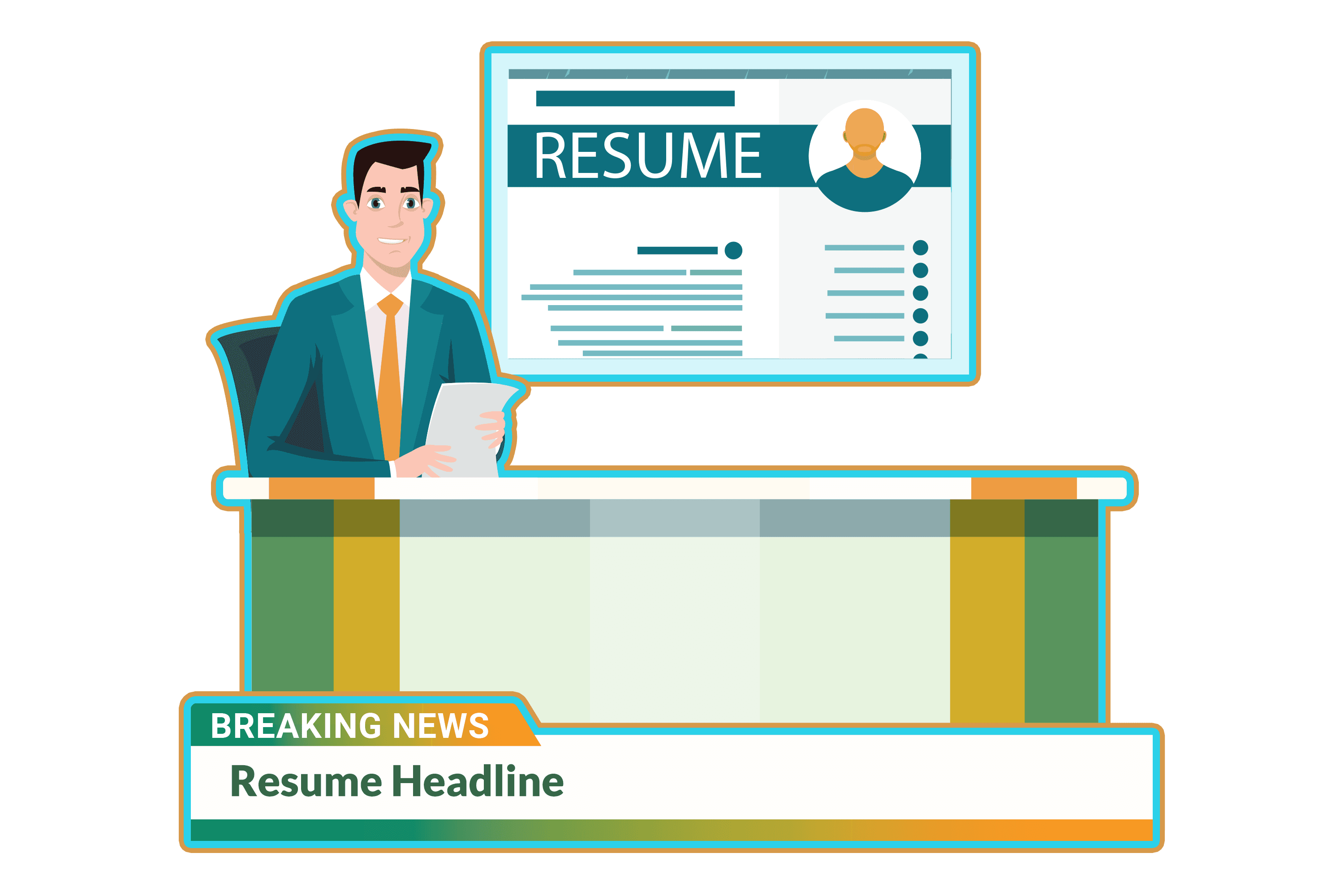Table of Contents
Making a good first impression on hiring managers depends heavily on the opening paragraphs of the cover letter. Crafting compelling opening statements significantly enhances writing skills. The opening sentence of the cover letter is crucial as it sets the tone for the rest of the application and captures the reader's attention. Make it engaging, compelling, and tailored to the position.
Create an engaging opening statement, incorporating relevant keywords, setting reader expectations, aligning with the content's tone and style, and revising for professionalism and clarity.
Crafting an effective and impactful cover letter opening requires careful thought and consideration. Start with a concise, personalized opening sentence that shows genuine enthusiasm for the company and position, demonstrating thorough research and understanding of their requirements.
How to start a cover letter
Making a good first impression on hiring managers depends heavily on the opening paragraphs of the cover letter. A strong introduction sets the tone for the rest of the application and makes you stand out from other candidates.
Below are helpful tips and examples of how to start a cover letter with persuasion and interest.
1. Tailor the opening to the specific job and company:
- Research the company's values, mission, and culture.
- Identify critical skills and qualifications required for the position.
- Customize the opening to demonstrate your alignment with the company.
2. Address the hiring manager or recruiter directly:
- Use their name if it's available. If not, use a generic salutation like "Dear Hiring Manager" or "To Whom It May Concern."
3. Grab attention with a compelling opening line:
- Start with a solid and engaging statement to captivate the reader's interest.
- Highlight your enthusiasm, passion, or relevant achievements related to the position.
4. Show an in-depth knowledge of the company and industry:
- Demonstrate an understanding of the company's goals, recent accomplishments, or industry trends.
- Mention specific projects, products, or initiatives that caught the viewers' attention.
5. Share a personal connection or referral:
- Mention any personal relationships you may have with anyone working there.
- Include their name and the fact that you shared a mutual interest if a current employee referred you to the job.
6. Express motivation and interest in the role:
- Explain why you are excited about the opportunity and how it aligns with your career goals.
- Emphasize the value you can bring to the company and the role you are applying for.
7. Highlight relevant qualifications and experiences:
- Provide a concise overview of your relevant skills, experiences, and accomplishments.
- Focus on how your background makes you a strong fit for the position and the company.
8. Avoid generic or cliché openings:
- Steer clear of overused phrases or clichés that may make your letter seem unoriginal.
- Ensure the opening is unique and tailored to the specific position you are applying for.
9. Keep the opening concise and to the point:
- Aim for a clear and concise opening that quickly communicates your value proposition.
- Avoid lengthy paragraphs and unnecessary details in the opening section.
10. Proofread and edit the opening:
- Ensure that your space is error-free and polished.
- Review for grammar, spelling, and punctuation mistakes before finalizing the cover letter.
Guideline for Writing Opening Statements
Crafting compelling opening statements significantly enhances writing skills. Follow the guidelines for writing opening statements.
1. Understand the Purpose. Understanding the purpose of the opening statement is essential before beginning to write it. The opening statement is the gateway to the content, capturing the reader's attention and setting the tone for the rest of the piece. It should be concise and intriguing and create a solid first impression.
2. Hook the Readers. Use a captivating hook in the opening statement to grab readers' attention from the start. An interesting question, a surprising statistic, anecdotes that capture their imagination, or even a provocative comment are able to pique curiosity. The key is to make them want to continue reading.
3. Be Clear and Concise. Brevity is crucial in an age of information overload. Keep the opening statement clear and concise, conveying the main idea without unnecessary fluff. Avoid lengthy sentences and complex vocabulary that confuse the readers. Remember, simplicity is vital.
4. Incorporate Keywords. Include relevant keywords that reflect the main topic of the content in the opening statement. Conduct keyword research to identify popular and applicable terms that users are searching for. Integrate these keywords into the opening statement to improve the content's visibility in search engine results.
5. Set Expectations. Outline what readers can expect from the content in the opening statement. It helps manage their expectations and encourages them to continue reading. Make it known whether you provide expert advice, share valuable insights, or present a unique perspective.
6. Reflect on the Tone and Style. The opening statement must align with the content's overall tone and style. Ensure the opening statement sets the right expectations for the readers, whether writing an academic article or a conversational blog post.
7. Revise and Edit. Revise and edit the opening statement after writing it. Check the writing for grammar and spelling errors, and trim any unnecessary words or phrases. A well-polished opening statement enhances credibility and professionalism. The guidelines for writing opening remarks ensure the content is search engine-friendly, captivating, and captures the readers' attention. Remember, the opening statement is the opportunity to make a strong impression, so make it count.
Opening Sentence: Grab the Reader's Attention
The opening sentence of the cover letter is crucial as it sets the tone for the rest of the application and captures the reader's attention. Make it engaging, compelling, and tailored to the position.
- Research the Company. Before writing the cover letter, take the time to research the company you're applying to. Visit their website and read about their mission, values, and recent achievements. This information will help you personalize the opening sentence and demonstrate interest in the company.
- Address the Hiring Manager. Address the cover letter to a specific person, preferably the hiring manager or the person responsible for the hiring process. Use their name in the salutation to make the letter more personalized and show that you've done your homework.
- Begin with an Attention-Grabbing Hook. Start the cover letter with a solid and attention-grabbing hook that relates to the company or the position you're applying for. It could be a captivating anecdote, a relevant industry statistic, or a thought-provoking question. The goal is to make the reader want to continue reading and learn more about you.
- Showcase Enthusiasm. Convey genuine enthusiasm for the company and the opportunity in the opening sentence. Highlight what excites you about the company's work, values, or culture. It shows that you're not just applying for any job but are genuinely interested in being part of their team.
- State Your Purpose. After capturing the reader's attention and expressing enthusiasm, clearly state the purpose of the cover letter. Let them know which position you're applying for and how you learned about the opportunity. It ensures that the intentions are clear from the beginning.
- Personalize and Connect. Connect your background, skills, or experiences to the job requirements or the company's needs. Connect your strengths and what the company is looking for in a candidate. It helps establish relevance and demonstrates that you've taken the time to understand their requirements.
- Keep it Concise. Remember to keep the opening sentence concise and to the point. Avoid lengthy introductions that may lose the reader's interest. Aim for a ruling that summarizes enthusiasm, interest, and purpose.
Cover letter opening examples
Crafting a compelling and impactful cover letter opening requires careful thought and consideration. Discover examples of effective cover letter openings to inspire and guide you in creating an eye-catching introduction. These examples help you craft a cover letter that stands out, whether you prefer a professional and concise approach, a captivating storytelling technique, or a unique and unexpected opening line.
Professional and Concise Openings:
"I am writing to apply for the [Position] at [Company], as advertised on [Job Board].
"With [number] years of experience in [industry], I am excited to submit my application for the [Position] at [Company]."
"As a highly skilled [profession], I am thrilled to express my interest in the [Position] at [Company]."
Captivating Storytelling Techniques:
"Picture this: It's a brisk winter morning, and you step into [Company's] bustling office, ready to bring innovative solutions to the table as the new [Position]."
"Imagine a world where every customer receives outstanding service. That's the vision I share as a passionate [profession], and it's why I am excited to apply for the [Position] at [Company]."
"In my journey from a curious intern to a seasoned [profession], I have honed my skills and gained invaluable insights that make me the perfect fit for the [Position] at [Company]."
Unique and Unexpected Opening Lines:
"Do you believe in the power of superheroes? Because I am here to prove that ordinary professionals can have an extraordinary impact as the new [Position] at [Company]."
"I have a confession to make: I've been secretly admiring [Company's] groundbreaking work for years, and now I can't contain my excitement to join your team as the [Position]."
There are more formal and professional ways to write a cover letter opening.
"Dear Hiring Manager, I was thrilled to discover the [Job Title] opening at [Company Name]. With my strong background in [relevant experience], I am confident I can contribute to your team and make an immediate impact."
"Hello [Company Name] team, As an experienced [Job Title] with a passion for [industry], I am excited to apply for the opportunity to join your organization. With my proven track record in [specific skills], I am confident in my ability to excel in this role.
"To the Hiring Committee at [Company Name], As a highly motivated and results-driven professional in the field of [industry], I am thrilled to submit my application for the [Job Title] position. With a solid background in [relevant experience], I am eager to bring my expertise to your esteemed organization.
"Dear [Company Name] Recruiting Team, I am writing to express my strong interest in the [Job Title] position. With a genuine passion for [industry] and a demonstrated ability to [specific skills], my qualifications align perfectly with the requirements of this role.
"Greetings, [Company Name]! With great enthusiasm, I submit my application for the [Job Title] position. As a seasoned professional in [industry] with a proven track record of [achievements], I am excited about the opportunity to contribute to your organization's success and drive positive results."




